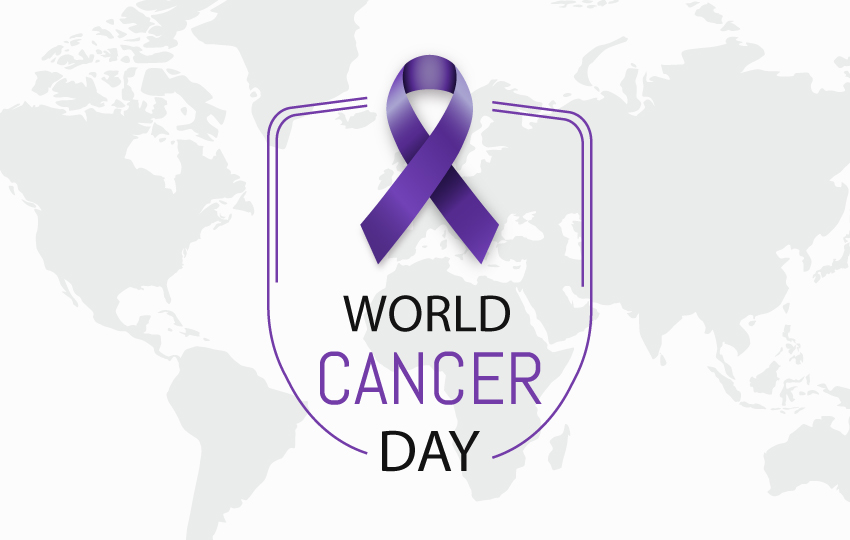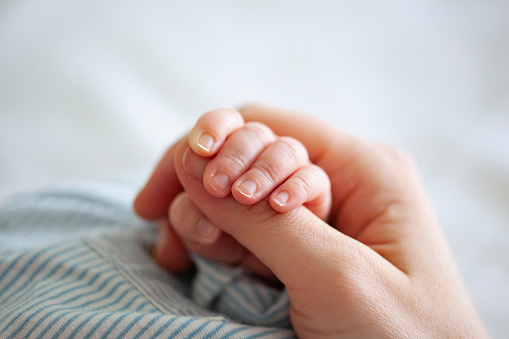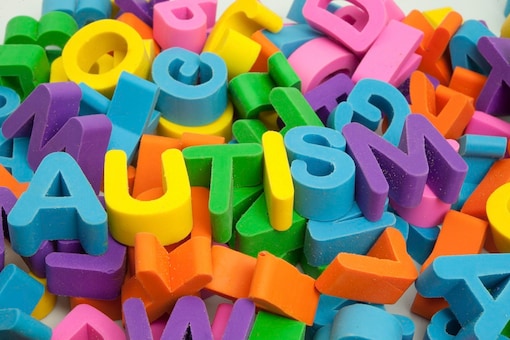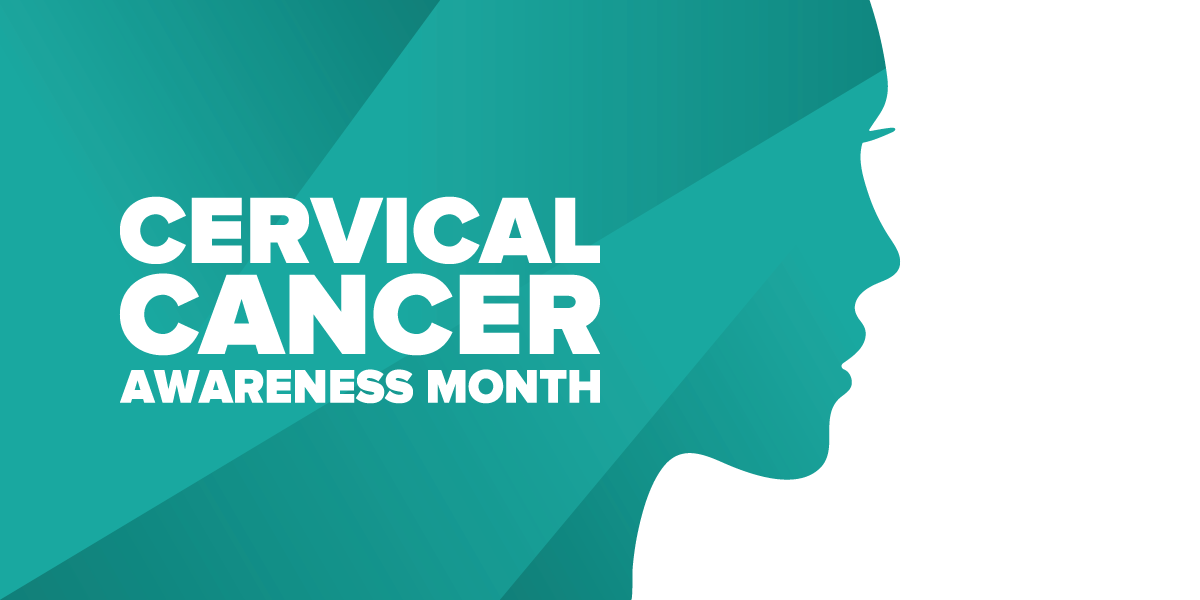WORLD CANCER DAY: Uniting our voices and taking action

Today, the World celebrates World Cancer Day marked every 4 February.
The global initiative led by the Union for International Cancer Control (UICC) seeks to raise awareness worldwide through improving Cancer education and Government action under the theme ‘’close the care Gap: Uniting our voices and taking action.”
Created in 2000, World Cancer Day has grown into a positive movement for everyone, everywhere to unite under one voice and each year, hundreds of activities and events take place around the world, acting as a powerful reminder that we all have a role to play in reducing the global impact of cancer.
In Africa, approximately 1.1 million new cancer cases occur each year, with about 700,000 deaths. Data further indicates a considerable increase in cancer mortality to nearly one million deaths per year by 2030, without urgent and bold interventions.
According to WHO Regional Director for Africa, Dr Matshidiso Moeti, WHOis working to support eleven countries in developing or updating their National Cancer Control Plans, aligned to the global cancer initiatives coupled with the presence of governance structures at the government level to implement Cancer Plans.
’’Countries such as Ghana, Senegal, Zambia, and Senegal have developed National Treatment Guidelines for childhood cancer. Twenty-five countries have developed and are using Cancer Guidelines. Political will remains significant in improving the cancer landscape. Including childhood cancer medicines in the National Health Insurance Scheme in Ghana and Zambia is a good example. Such a strategic action will significantly contribute to the increase in survival rates for children with cancer in these countries.’’ He said.
‘’We are collaborating with Childhood Cancer International to develop and pilot the Mental Health and Psychosocial Support guidelines for children in Burkina Faso. It is gratifying to note the steady increase of HPV vaccination national introduction by 51% of countries in the region, although coverage remains concerning at 21%.’’ Added Dr. Moeti.
Currently, 16 countries have introduced high-performance-based screening tests in line with WHO recommendations and plan to scale up cervical cancer screening.
In Kenya, the government has enhanced public funded cancer treatment services through the establishment of more than 10 county chemotherapy centres and three regional comprehensive cancer treatment centres spread across the country.
According to Health Cabinet Secretary Susan Nakhumicha, the cancer treatment centres are in Mombasa, Nakuru, Garissa and the center of excellence in oncology at the Kenyatta University Teaching Referral and Research Hospital, equipped with cutting-edge technologies such as molecular imaging and cyber knife treatment have been made available for all Kenyans.
Nakhumicha further noted that cancer remains a major public health concern in Kenya since it is the third leading cause of death adding that in 2020, the country reported 42,000 new cancer cases and 27,000 cancer-related deaths.
“The top five cancers are those of the breast, cervix, prostate, oesophagus and non – Hodgkin’s lymphoma. These cancers account for nearly half (48%) of the cancer burden in the country,” explained the CS.
She noted that nine women die every day due to cervical cancer while nine in every 10 persons with oesophageal cancer will succumb to the disease.
“Cancer bears an immense cost to the nation due to the years of life lost as a result of premature deaths, lost productivity and the long-term effects of cancer and its treatment on the quality of life of survivors. In addition, families suffer financial catastrophe as a result of the high costs associated with accessing comprehensive cancer care services,” she said.
“It is against this background that the National Cancer Institute of Kenya (NCI Kenya) was established under the Cancer Prevention and Control Act (No. 15 of 2012) with a mandate to provide oversight and regulation of cancer prevention and control of the country. I am pleased to note that the Institute is taking the lead in coordinating our joint efforts to mount an effective response to the growing cancer burden in Kenya and call upon all stakeholders to support them in this noble task,” she said.
By uniting voices and action, we can address cancer at individual and community levels and Parents are being called upon to ensure their eligible daughters receive HPV vaccines.
The General Public are advised to choose healthy lifestyles, get vaccinated, and get routinely screened against preventable cancers.
Cancer warriors are urged to lend their voices as advocates for better cancer services. As persons with lived experience, they should be involved designing cancer services at all levels of health care.
SOURCE: WHO, UICC
Tags: Who World Cancer Day Uicc


